How can you best prepare for cold-weather installations this winter?
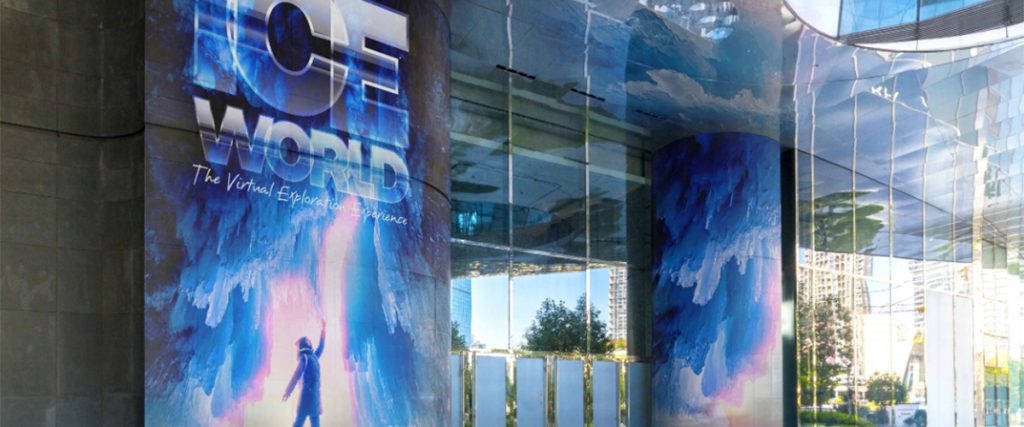
When producing outdoor applications, printers and sign-makers have to take a wide range of factors into account. Will floor graphics stand the test of time under heavy traffic? How can you ensure colours on building wraps do not fade over time? What sort of laminate do you need on movie posters?
While each project brings with it its own set of considerations, there is one issue that will impact outdoor applications of all kinds: the weather. This can be a particularly tricky factor during those cold winter months when graphics can be exposed to some very harsh conditions.
So, if you are taking on outdoor projects over the coming months, what steps can you take to ensure that the initial installation and the long-term goals of the project are a success? To put it simply, this will almost certainly come down to the type of media that you choose to work with.
Pressure-sensitive print media traditionally has a minimum application temperature of 5˚C (41˚F). While this might be acceptable in some slightly warmer climates, it would only allow for graphics installation for half of the year in those colder regions that are subject to harsher winters.
Step forward Drytac, which has a number of high-quality solutions which are cold weather installation-rated down to as cold as -20˚C (-4˚F). Focusing on the aptly named Polar portfolio in particular, all products are designed with low temperatures in mind – covering installation, the life of the graphic, and its removal.
The Drytac Polar range includes:
- Polar Grip
- Polar Grip Air
- Polar Premium Removable (North America)
- Polar Premium Clear
- Polar Premium Air P
- Polar Dynamic Clear R
- Polar Blockout
- Polar Blockout UV
- Polar Street FX
- Polar Smooth 150
- Polar Smooth 150 Air
- Polar Transit
- Polar Transit Air
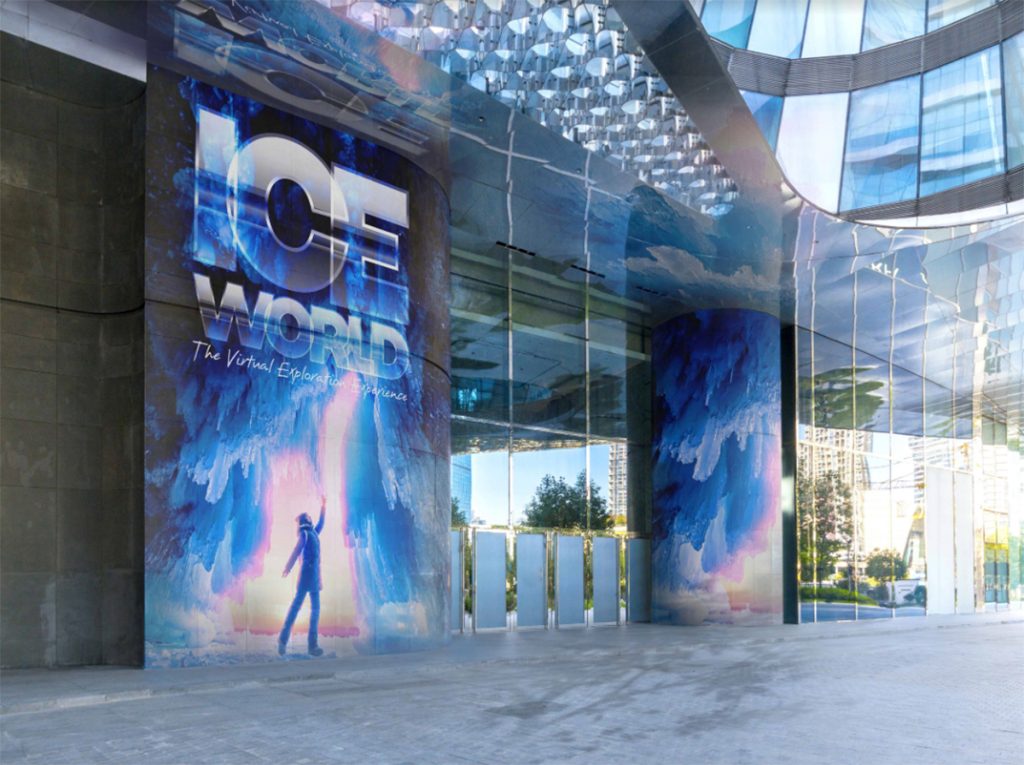
The proof is very much in the pudding for these products, with Drytac having a number of examples of these solutions at work in cold-weather environments.
Take the Kitchener-Waterloo branch of the FastSigns franchise network. The company used Drytac Polar Smooth 150 matte white polymeric film to create a series of striking window graphics to promote a major development project in the local Ontario, Canada area.
For this project, the main challenge was installing the graphics during Ontario’s harsh winter in December, during which the region has an average daily temperature of -1C (30F). Such is the flexibility of Drytac Polar Smooth 150 and its ability to perform in tough environments, it made the film the ideal solution for the job.
Of course, each project is very different and will almost certainly have its own set of specific requirements that must be taken into consideration to ensure the job is a success. Get it right with the choice of film – and laminate if necessary – and you can look forward to producing an eye-catching application that continues to sparkle through the rain and snow.

Authored by Dennis Leblanc
Senior Business Development Manager
North America at Drytac




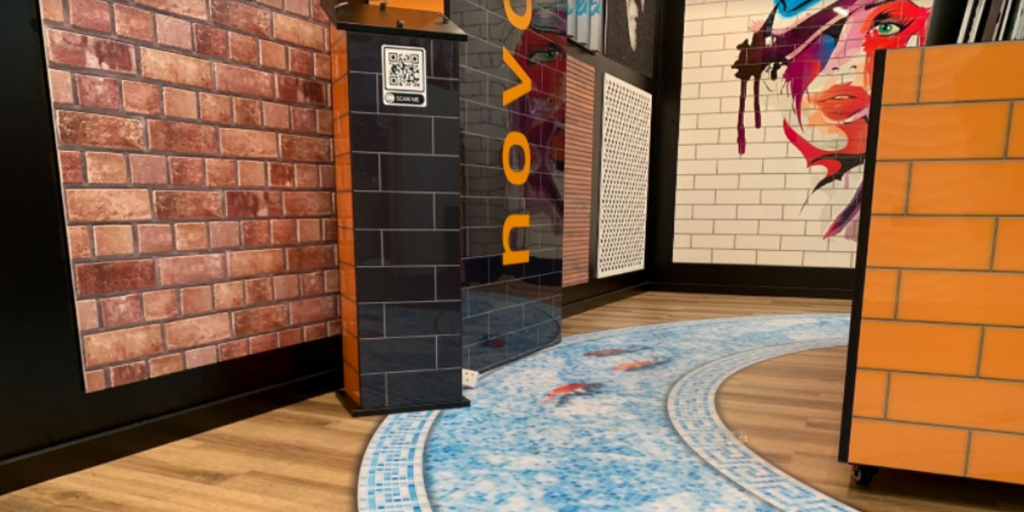
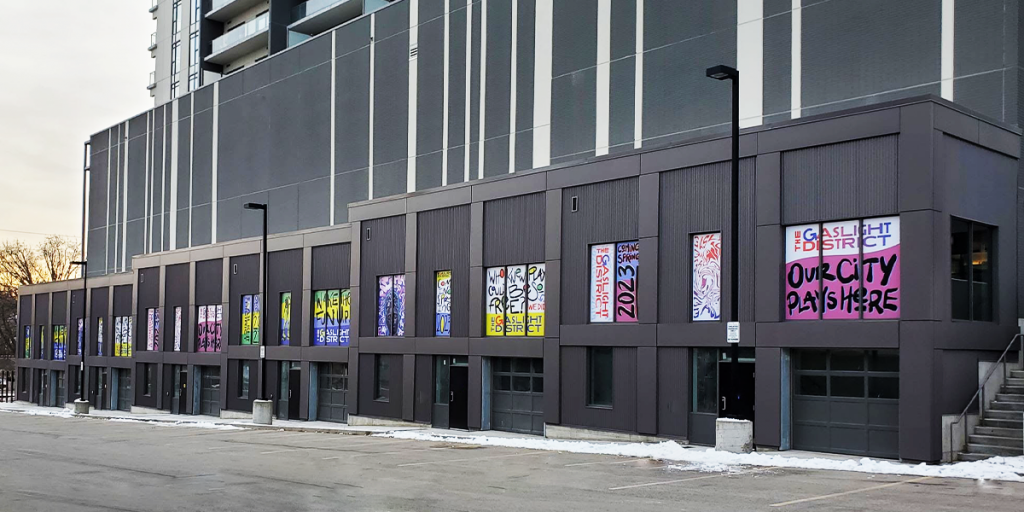
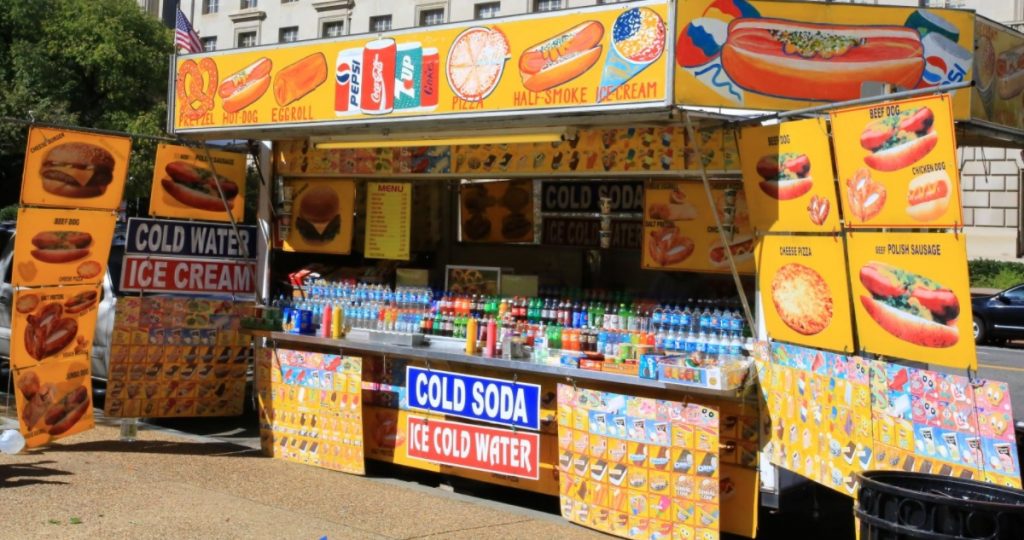
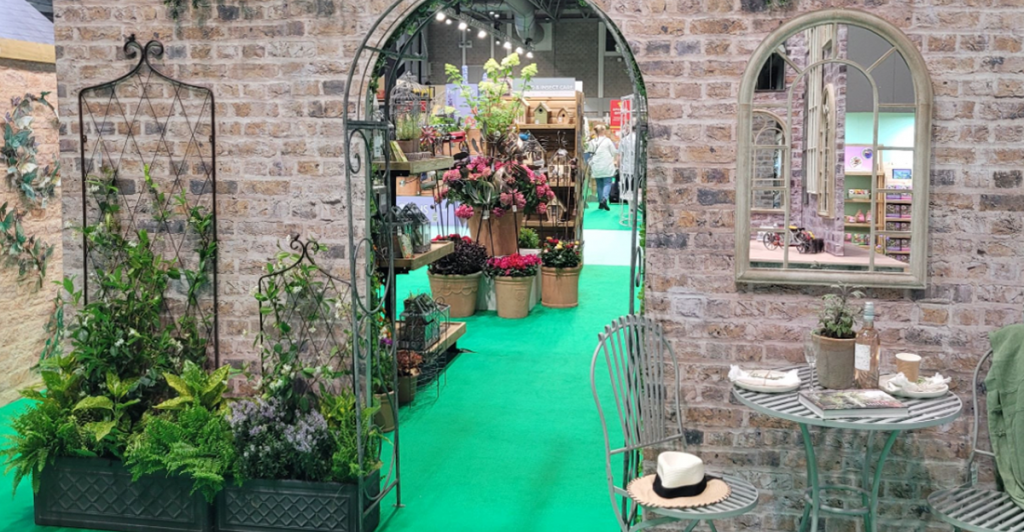
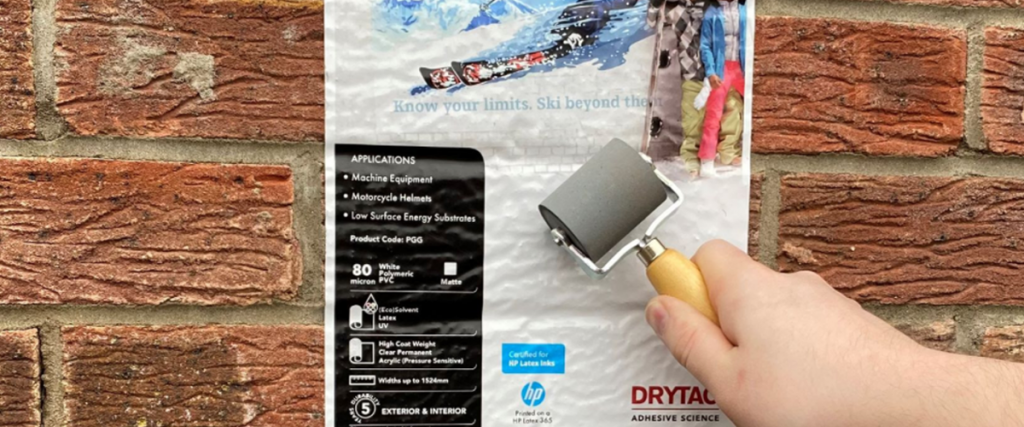

Responses